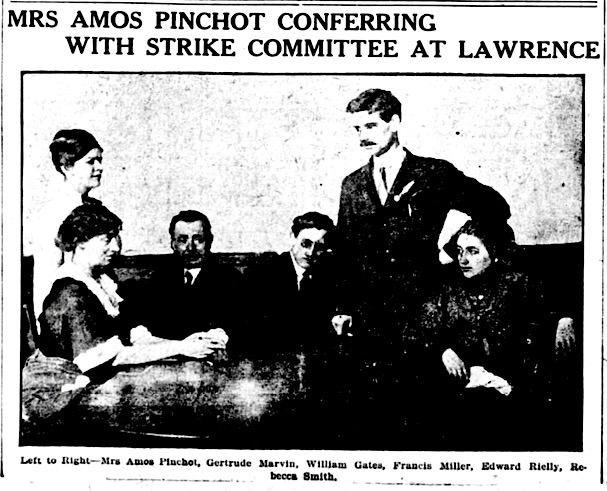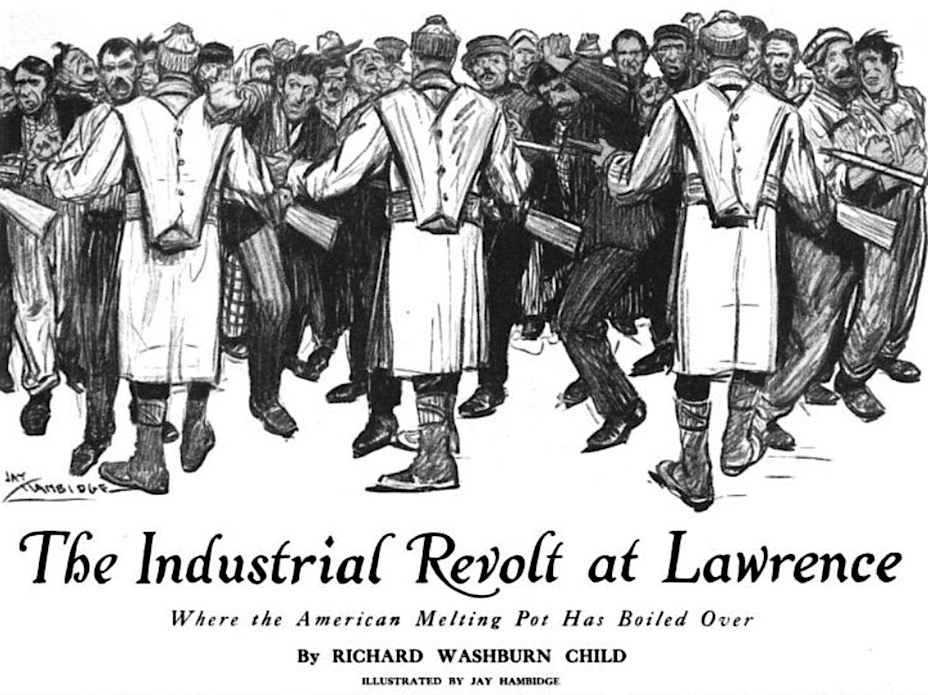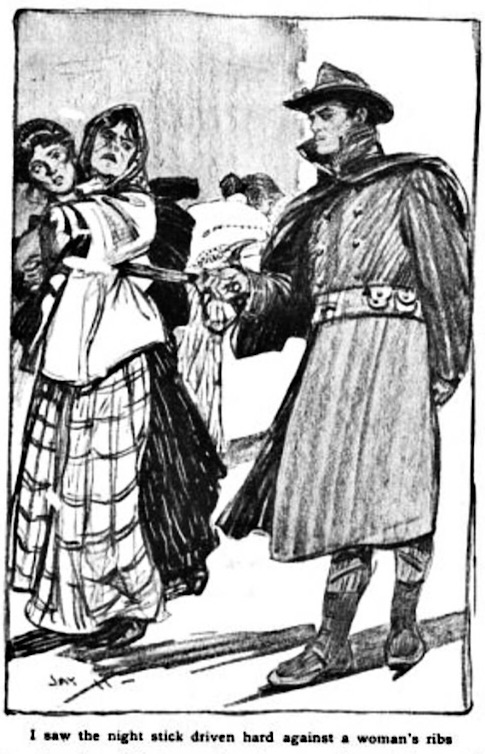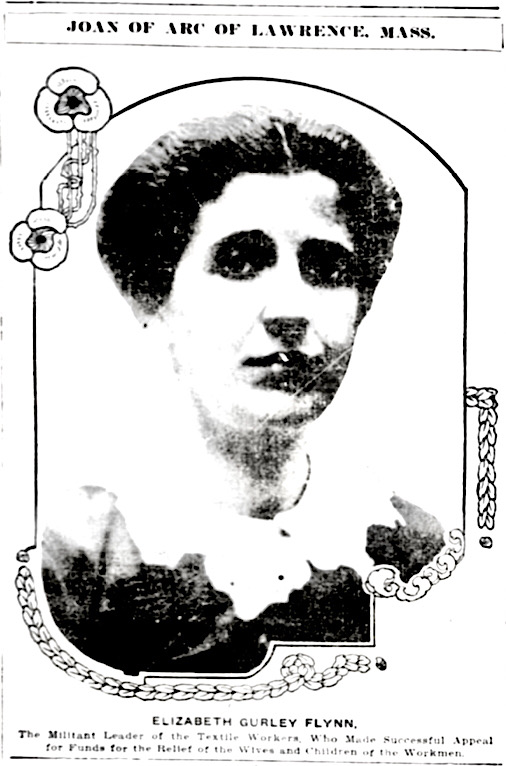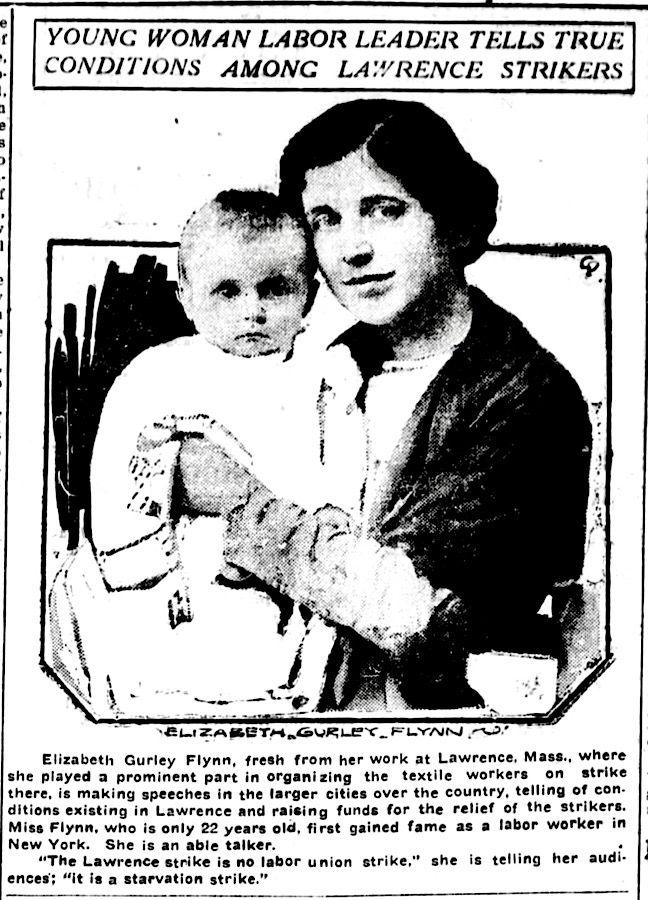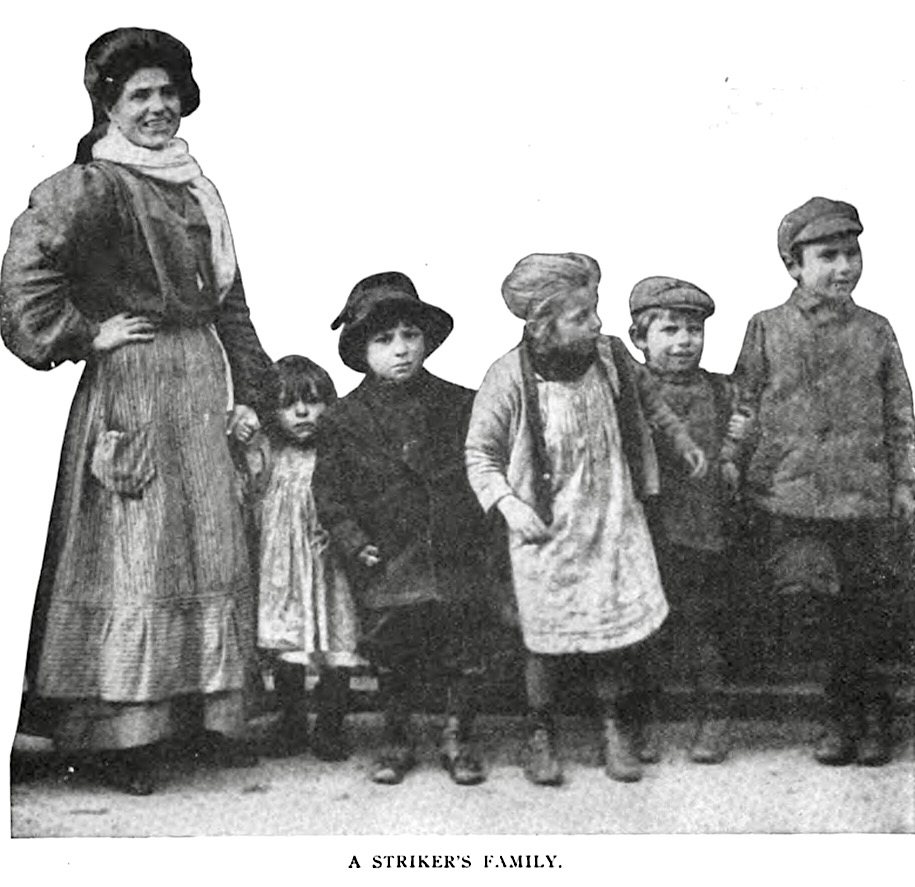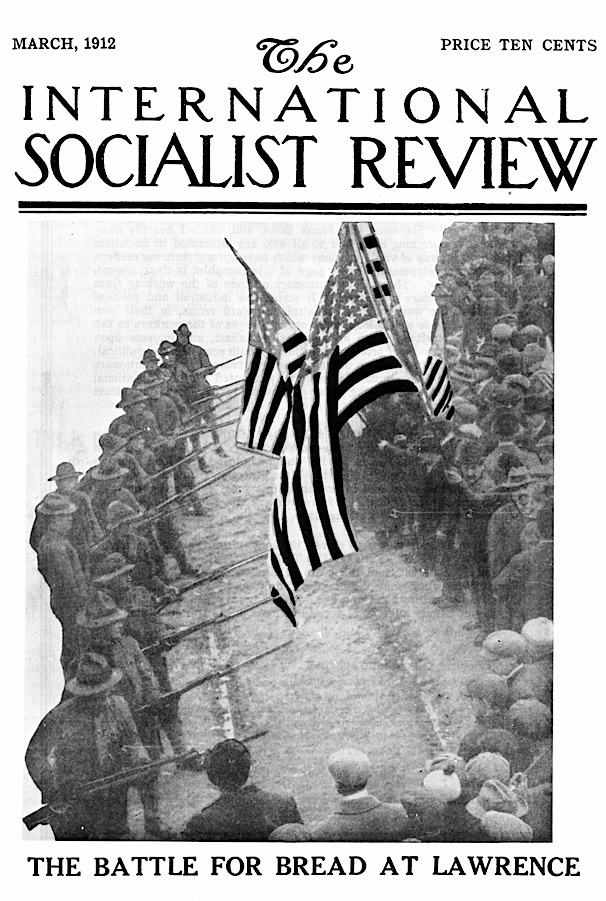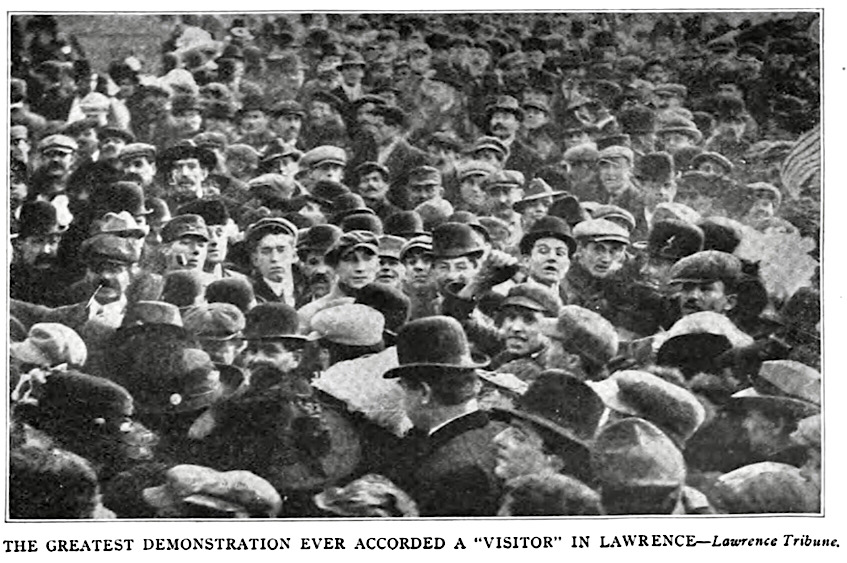 —————
—————
Hellraisers Journal – Monday March 20, 1922
Chicago, Illinois – Socialist Party Sends Out Appeal for Political Prisoners
From the Washington Evening Star of March 9, 1922:
From the Buffalo Socialist New Age of March 16, 1922:
Terre Haute, Ind.,
March 4, 1922.To All Labor Unions and Organized Workers.
Dear Brothers and Comrades:I am making this appeal to you in behalf of the political prisoners. These men are held simply because of their activities in the labor movement and for no other reason. Any other pretense is simply a lie. All other countries have long since released their political prisoners. The United States government, to its lasting shame, is the one exception that keeps men caged as felons for the expression of their opinions. These men, brothers of ours, committed no overt act, no crime of any kind. The court records will prove this. The infamous Espionage Law, under which these men were convicted, has long since been repealed [Note: a section of the Espionage Law, the Sedition Act, was repealed December 13, 1920], and there is not the slightest excuse to longer hold them in prison.
The simple fact is that the treason for which these men were convicted was their loyalty to the working class. Such loyalty, especially in a time of war when the workers are turned into butchers and set to slaughtering one another for the profit and power and glory of their masters, is always treason in the eyes of such masters.
If these men with union principles and union hearts beating in their breasts, had been scabs or gunmen or strikebreakers, they would have been cracked up as 100% American patriots, given hero medals, and assigned to posts of honor carrying high salaries and eminent respectability. But instead they refused to bow to the will of the brutal and impudent profiteers and stood up loyally for their own class and gave expression to the truth that was in their hearts, as it was not only their lawful right but their moral duty to do, and for this and this alone they are marked as dangerous and held and treated as criminals to the shame of the American labor movement and the infamy of the United States government, the most plutocratic government on the face of the earth.
Senator Borah of Idaho, be it said to his credit, introduced a resolution in the United States Senate on January 25th, directing the Attorney General to submit to the Senate all available information relative to the cases of persons convicted under the notorious Espionage Act. This resolution is most timely and the organized workers of the nation must bring all possible power to bear to force its passage. The plutocrats, profiteers, and pirates of Wall Street and their degenerate henchmen in all their servile capacities, who had the monstrous Espionage Law enacted to gag the truth and strangle free speech while they were putting over their criminal war conspiracy, will bring all their power to bear to defeat the Borah resolution.
Well do these knaves in high places know that if this resolution passes the Senate and the Attorney General is forced to reveal the court records of the political prisoners it will show that they are guilty of absolutely no crime whatever save only that of saying during war time, when the nation had been lashed into fury of blind hate, what the 100% Wall Street profiteers and their lackeys in and out of office did not want to hear. The Constitution, of which they had been in the habit of prating on every occasion, was summarily suspended, truth was exiled, and manhood and self-respect put in prison stripes.
Think of these innocent union men, these working class brethren of ours, being suffered to remain buried alive in the steel vaults of American prison hells, and then talk about being “the Land of the Free and the Home of the Brave!” The very thought brings the deep blush of shame to the cheek of every decent American.
These men must be gotten out of prison to the last one of them. As long as one remains we are all in disgrace, and our country stands impeached before the civilized world.
There must be no discrimination among the class war prisoners, for that is what they are and nothing else. All spies and enemy agents, some of whom were convicted of the gravest charges, including the placing of fire bombs in ships and the destruction of life and property, were released years ago. Not one remains in prison. Not one of these belonged to a labor union. They were all readily forgiven as soon as the war was over.
But how different with the men who did belong to labor unions and who did not commit any crime or take any life or destroy any property, but who only stood up like men exercising their constitutional rights and telling the truth about the capitalist slaughter of the working class “to make the world safe for democracy!” It is for their benefit that the atrocious Espionage Law was enacted, and for the benefit of the Wall Street profiteers who coined the blood of the slaughtered workers into billions for themselves, that they are still festering in the hell-holes capitalism charitably provides for its victims.

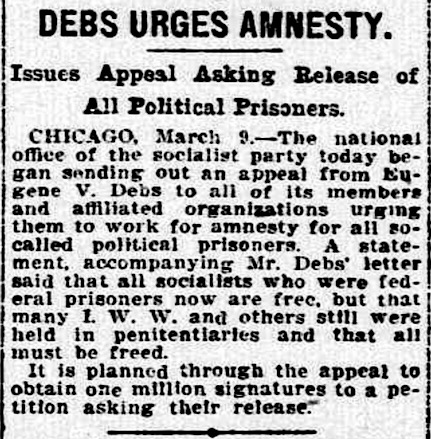
 —————
—————
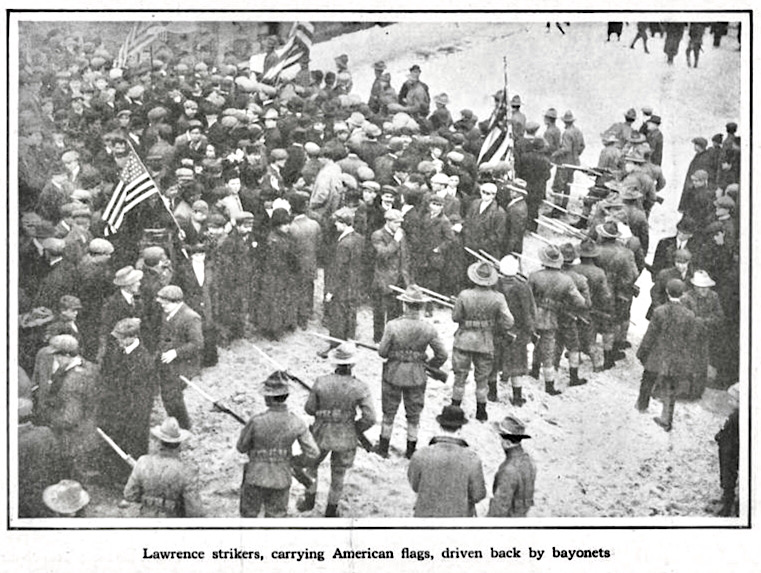
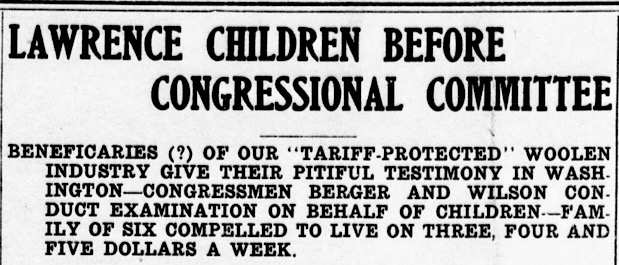
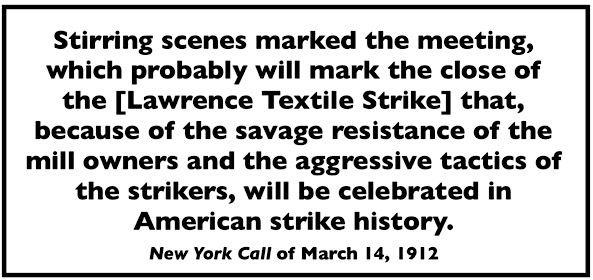 —————
—————
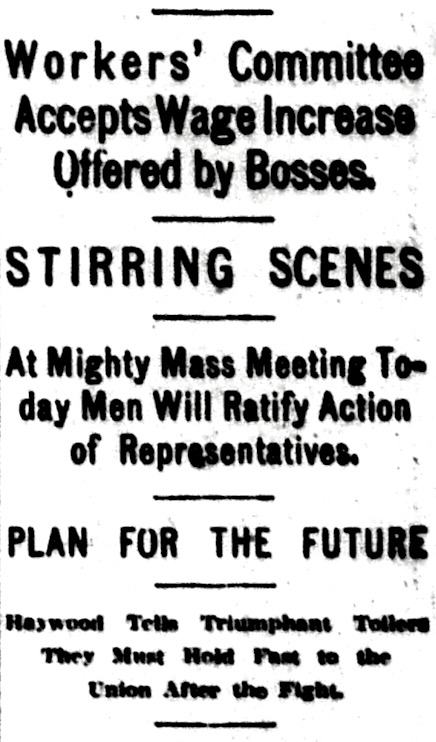
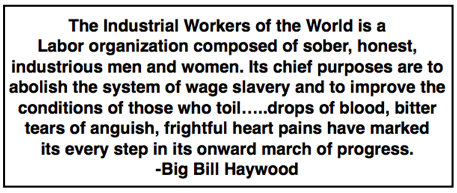 —————
—————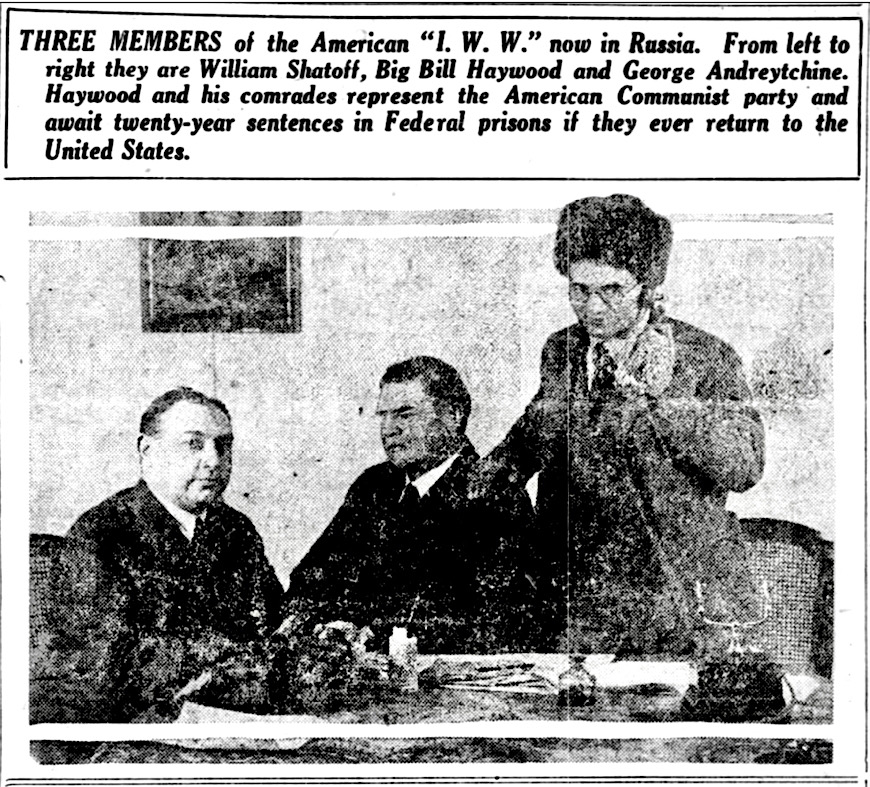
 —————
—————